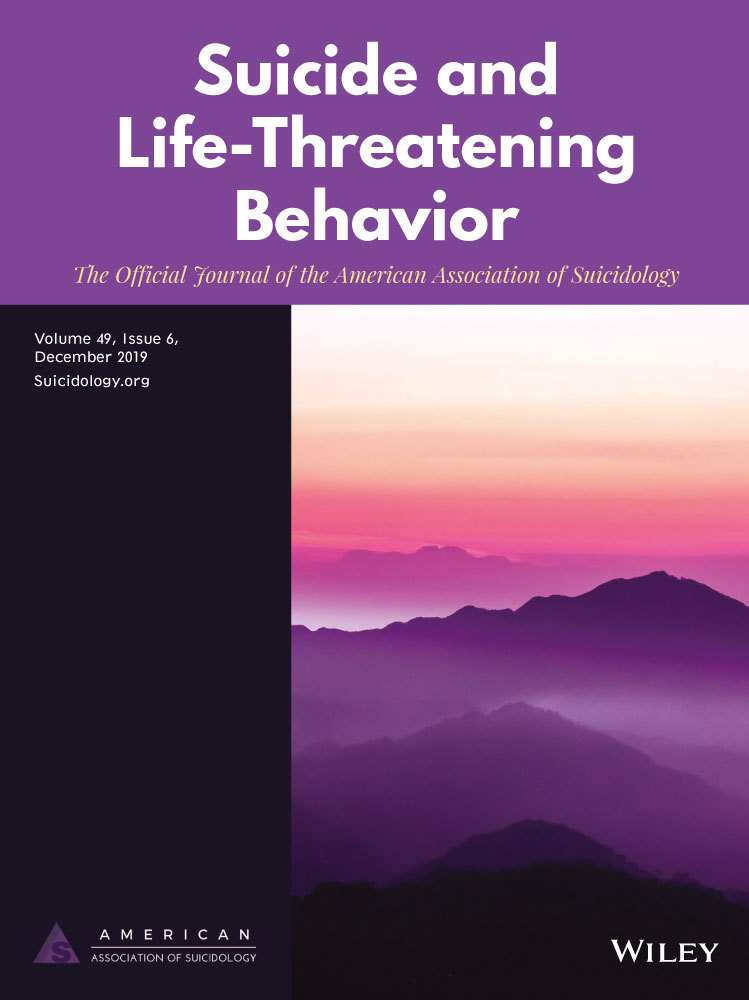Help-seeking Behavior in Socially Conservative and Christian Suicide Decedents
Abstract
Objective
The purpose of this study was to examine the relationship between religious affiliation, political beliefs, and lifetime mental health help-seeking behavior in a sample of suicide decedents. We hypothesized that Christian decedents would be less likely to have sought help than non-Christians, and socially conservative individuals would be less likely to have sought help than socially liberal or moderate individuals.
Method
Smaller samples (N = 147 for political analyses, N = 218 for religion analyses) were drawn from a larger sample of 267 suicide decedents, for whom data were collected from loss survivors.
Results
Logistic regression analyses showed that Christian and non-Christian individuals did not differ significantly in help-seeking behavior prior to death by suicide. Individuals who identified as socially liberal were significantly more likely to have sought mental health care than were individuals who identified as socially conservative.
Conclusions
This is the first study to examine the association between social conservatism and a lack of help-seeking behavior. These findings show the importance of implementing interventions to increase help-seeking behavior for suicidality within demographic groups that stigmatize help-seeking behavior, specifically socially conservative individuals. They also stress the importance of suicide prevention tactics that do not require disclosing suicidal intent within these groups.




